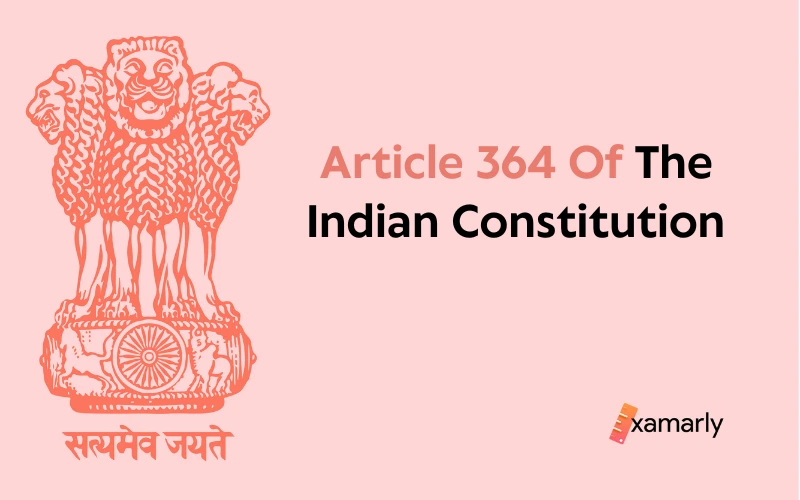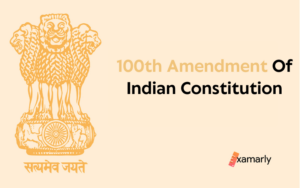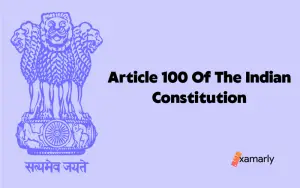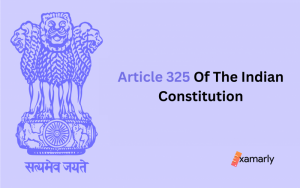Article 364 of the Indian Constitution deals with the special provisions related to major ports and aerodromes. This article is contained in Part XIX of the Indian Constitution, which deals with miscellaneous provisions.
In this blog, we will delve into the provisions of Article 364 of the Indian Constitution.
What Is Article 364 Of The Indian Constitution?
Constitutional provisions of Article 364 are as follows:
- Despite anything to the contrary in this Constitution, the President may, by public notification, direct that, as of the date stated in the notification—
- (a) any law passed by a State’s legislature or by Parliament shall not apply to any major ports or aerodrome, or shall only apply with the exceptions or alterations that may be mentioned in the notification; or
- (b) any existing law shall halt to apply to any major port or aerodrome, save for regard to things done or excluded to be done prior to the said date; or shall apply to such port or aerodrome subject to the exceptions or modifications stipulated in the notification.
- In this article—
- (a) “major port” refers to a port that has been designated as such by or according to any law adopted by Parliament or any existing law, and
- (b) “aerodrome” refers to an aerodrome defined for the purposes of laws relating to airways, aircraft, and air navigation.
Background
In the Draft Constitution of India from 1948, Draft Article 302AAA, which later became Article 364 of the Constitution of India in 1950, was not present.
It was presented as an amendment in the Assembly on October 17, 1949, by a member of the Drafting Committee.
A significant port or aerodrome might be exempted from a Union or State law, according to the Draft Article, which allowed the President the authority to do so publicly.
Alternatively, it is also possible for the President to decide the manner in which a Union or state legislation should be implemented regarding these facilities.
A member of the Drafting Committee informed the Assembly that due to the volume of foreign travelers, they receive as well as their particular security needs, ports and aerodromes constitute special public areas.
There are some circumstances in which the rules of the state and the union might not be adequate or appropriate to ensure that administration runs smoothly.
The purpose of the Draft Article was to grant the President the ability to act both legislatively and executively.
According to a Member, there was no need to provide the President such authority because, according to the Draft Constitution, only Parliament (and not the State legislatures) had the authority to enact laws concerning ports and aerodromes.
The Chairman of the Drafting Committee corrected the Member and stated that the Union legislature had only a few powers and that the State legislatures in the states where the port or aerodrome was located held the remaining authority. Consequently, the Draft Article was required.
On October 17, 1949, there were no additional discussions, and the Draft Article 302AA was ultimately approved.
Conclusion
Major ports and aerodrome are covered by special provisions under Article 364 of the Indian Constitution. This item can be found in the section of the Indian Constitution titled Part XIX, which is dedicated to miscellaneous provisions.
In the interest of further readings:
| Article 286 Of The Indian Constitution | Article 285 Of The Indian Constitution |
| Article 344 Of The Indian Constitution | Article 345 Of The Indian Constitution |
FAQs
What Is Major Port?
A port that has been classified as such by or in accordance with any law passed by Parliament or any existing law is referred to as a “major port.”
What Is Aerodrome?
The term “aerodrome” relates to an aerodrome as defined for the objectives of rules linking to airways, aircraft, and air navigation.






